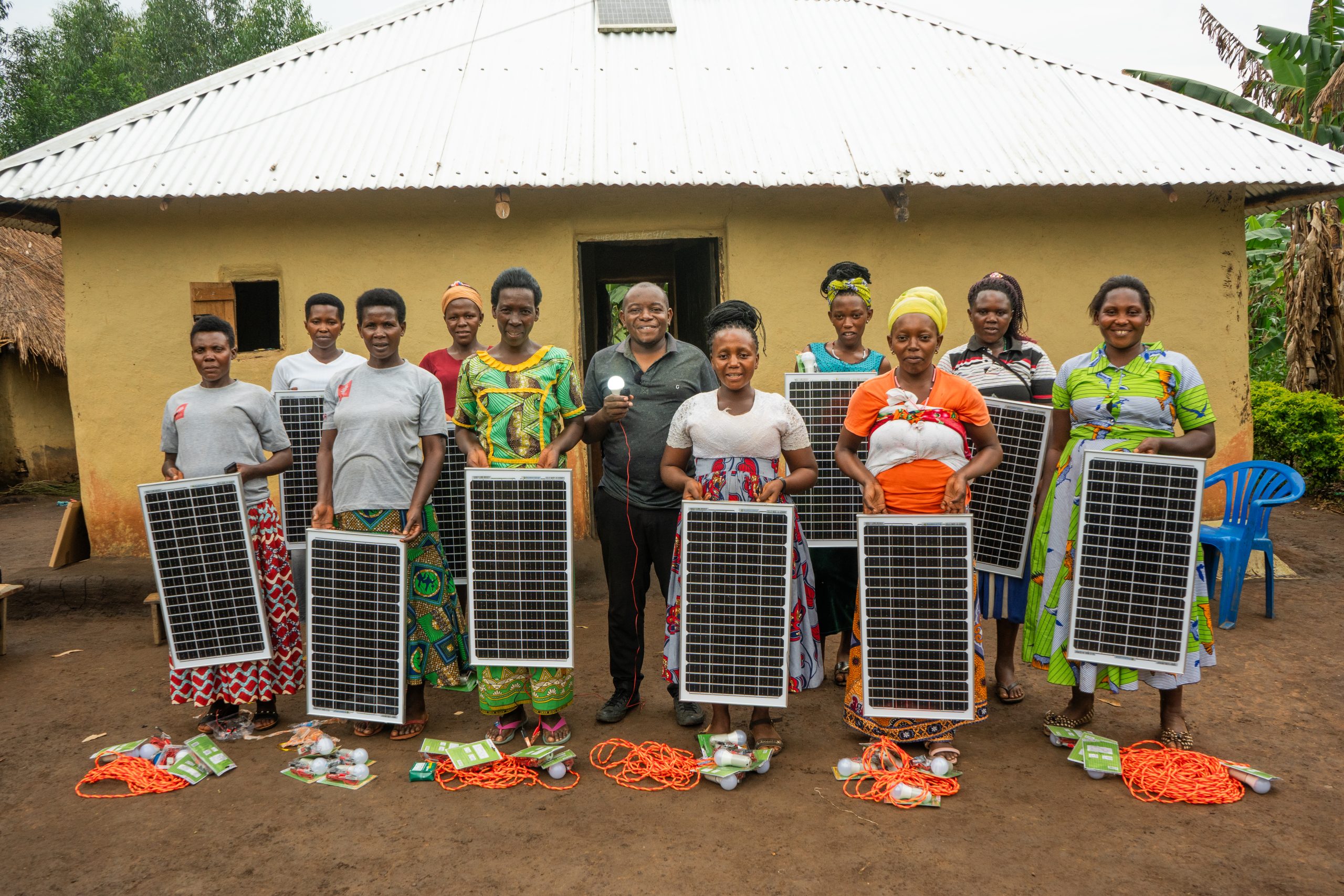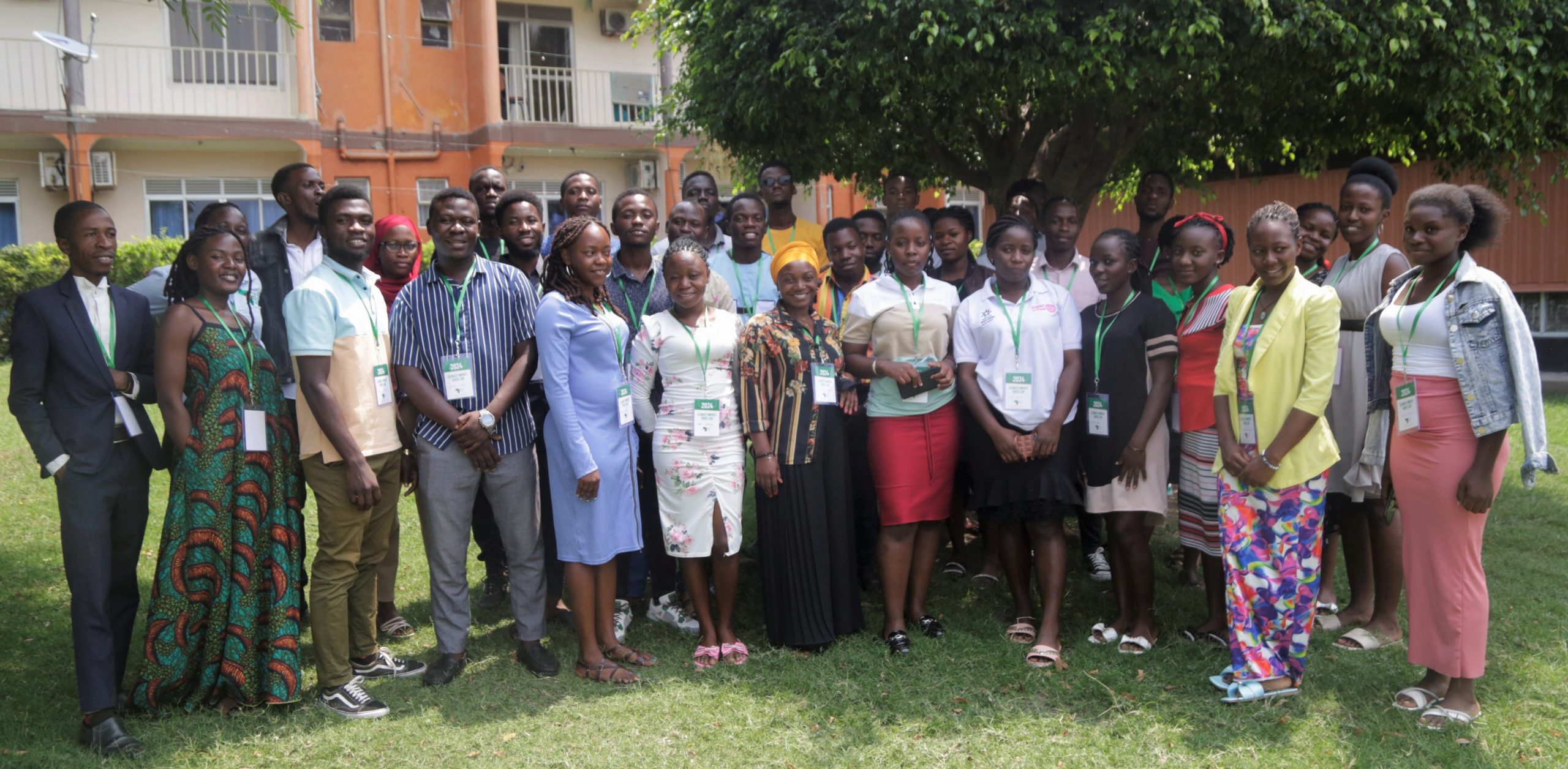The Centre for Citizens Conserving Environment & Management (CECIC) is leading the charge in promoting sustainable agriculture through its groundbreaking agroforestry project. As part of CECIC’s broader agriculture program, this initiative is aimed at enhancing food security, improving livelihoods, and combating climate change across Uganda. By integrating trees and shrubs into agricultural landscapes, the project is not only boosting agricultural productivity but also restoring ecological balance in regions severely impacted by deforestation and land degradation.
Uganda’s agricultural sector is the backbone of its economy, providing livelihoods for a significant portion of the population and contributing to the nation’s food security. However, the sector is currently facing numerous challenges, including soil degradation, unpredictable weather patterns, and widespread deforestation. Traditional farming practices often lead to the depletion of soil nutrients, making it difficult for farmers to sustain high yields over time. Moreover, the loss of forest cover exacerbates the effects of climate change, such as increased temperatures and altered rainfall patterns, further threatening agricultural productivity.
Agroforestry offers a viable and sustainable solution to these challenges by integrating trees into farming systems. Trees play a crucial role in maintaining soil fertility, conserving water, and providing habitats for biodiversity. Additionally, they act as carbon sinks, absorbing carbon dioxide from the atmosphere and helping to mitigate the impacts of climate change. Through agroforestry, farmers can improve their crop yields, diversify their income sources, and enhance their resilience to climate-related shocks.
CECIC’s agroforestry project is designed to meet the specific needs of local communities, ensuring that the interventions are both relevant and sustainable. One of the key components of this project is the establishment of Farmer Field Schools (FFS). These schools serve as community-based learning centers where farmers can gain hands-on experience in agroforestry practices. The FFS model emphasizes learning by doing, allowing farmers to experiment with different agroforestry techniques and see the results in real-time.
At these Farmer Field Schools, participants receive training on a wide range of topics, including tree selection, planting techniques, soil management, and pest control. Farmers also learn about the economic benefits of agroforestry, such as the production of fruits, timber, and medicinal plants, and how to market these products effectively. The goal is to empower farmers with the knowledge and skills they need to implement agroforestry practices on their own farms and share this knowledge with others in their communities.
CECIC’s approach to agroforestry also involves extensive community engagement. The success of agroforestry largely depends on the active participation and buy-in of local communities. CECIC works closely with community leaders, farmers’ groups, and other stakeholders to promote the adoption of agroforestry practices. Through community meetings, demonstration plots, and field visits, CECIC fosters a sense of ownership and encourages widespread participation in the project.
Another critical aspect of the agroforestry project is the distribution of tree seedlings to participating farmers. CECIC provides a variety of seedlings, including fruit trees, fast-growing timber species, and indigenous trees that are well-suited to the local environment. Farmers receive guidance on proper planting and maintenance techniques to ensure the survival and growth of the trees. CECIC also provides ongoing support, including monitoring and evaluation, to assess the impact of the project and address any challenges that arise.
In addition to environmental benefits, agroforestry offers significant economic advantages for farmers. By diversifying their crops and incorporating trees that produce marketable products, farmers can increase their income and reduce their reliance on a single source of livelihood. The Farmer Field Schools play a crucial role in helping farmers tap into new markets for agroforestry products, thereby improving their financial stability and contributing to the overall economic development of the region.
CECIC’s agroforestry project is already making a tangible difference in the lives of Ugandan farmers. Participants have reported improved soil fertility, higher crop yields, and increased income from the sale of tree products. Moreover, the project is helping to restore degraded landscapes, protect water sources, and enhance biodiversity, thereby contributing to the broader goals of environmental conservation and climate resilience.
As the project continues to expand, CECIC is exploring new opportunities to scale up agroforestry practices across Uganda. This includes forging partnerships with government agencies, non-governmental organizations, and private sector actors to mobilize resources and reach more communities. By demonstrating the multiple benefits of agroforestry, CECIC aims to inspire a broader shift towards sustainable agriculture in Uganda and beyond.
The Farmer Field Schools, coupled with the overall agroforestry project, represent a comprehensive approach to sustainable development. Through this initiative, CECIC is helping to build a more sustainable and resilient future for Uganda’s farmers, ensuring that they have the tools and knowledge needed to thrive in a changing climate.



